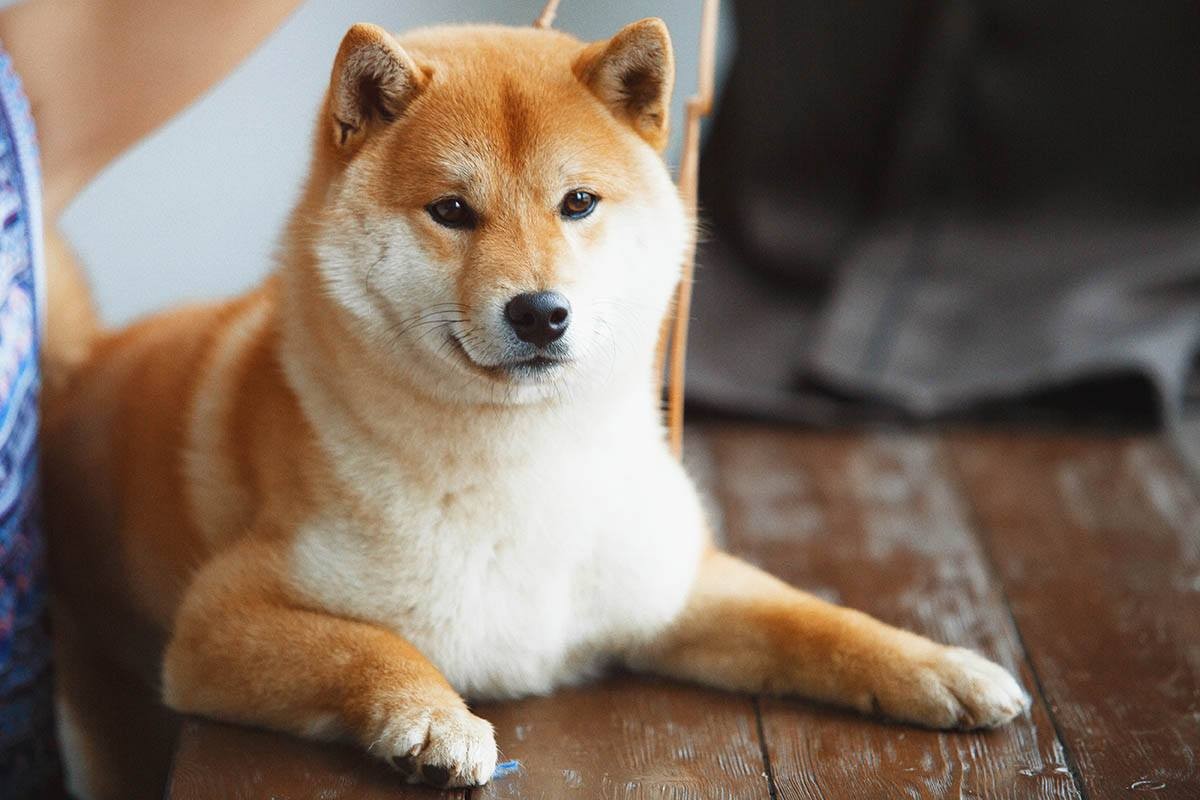
Despite their growing popularity since the 2013 doge meme phenomenon, Shiba Inus are not hypoallergenic dogs. These Japanese breeds, known for their fox-like appearance and thick double coat, shed considerably throughout the year with intensive seasonal shedding. The proteins found in their dander, saliva, and urine can trigger allergic reactions in sensitive individuals. With approximately 66% of US households owning pets as of 2023, understanding the allergenic nature of Shiba Inus is crucial for potential owners. Their year-round shedding and twice-yearly "coat blowing" make them particularly challenging for allergy sufferers.
Are Shiba Inus Hypoallergenic?
Allergenic Nature
Shiba Inus are not hypoallergenic dogs. Their thick double coat sheds significantly throughout the year, with two heavy shedding seasons where they "blow" their undercoat. This breed produces considerable dander and allergens that can trigger reactions in sensitive individuals.
Key Allergy Triggers
The main allergenic factors in Shiba Inus include:
- Dense double coat that traps and releases high amounts of dander
- Year-round shedding with intense seasonal coat blowing
- Proteins in saliva deposited on fur during self-grooming
- Allergens in urine that can become airborne when dried
The combination of these factors makes Shiba Inus particularly challenging for those with pet allergies. Their thick coat and grooming habits result in greater allergen distribution compared to single-coated breeds.
Are Shiba Inus Hypoallergenic?
Common Allergy Symptoms
While previous sections covered allergenic factors, understanding specific symptoms is crucial. Common reactions include:
- Facial pain and sinus pressure
- Fatigue and general malaise
- Itchiness in throat and ears
- Skin rashes after direct contact
Managing Shiba Food Allergies
Beyond environmental allergies, Shiba Inus can develop food sensitivities that manifest differently than typical pet allergies. Key signs include:
- Chronic ear infections
- Poor coat quality
- Gastrointestinal issues
- Behavioral changes like hyperactivity
- Irregular bald patches
Understanding both environmental and food allergies is essential as they may require different management approaches and can compound allergy symptoms in sensitive individuals.
Common Allergy Symptoms When Exposed to Shiba Inus
Respiratory Manifestations
While previous sections covered general symptoms, this section focuses specifically on respiratory reactions when exposed to Shiba Inus:
- Persistent coughing that intensifies with prolonged exposure
- Wheezing and difficulty breathing
- Shortness of breath, especially during physical activity
- Chest tightness and congestion
Eye and Nasal Responses
Beyond the respiratory system, Shiba exposure can trigger distinct ocular and nasal reactions:
- Excessive tearing and eye redness
- Swelling around eye area
- Nasal discharge ranging from clear to cloudy
- Frequent sneezing episodes within minutes of contact
These symptoms typically appear within 15-30 minutes of exposure and may persist for several hours after contact with the dog has ended.
Are Shiba Inus Hypoallergenic?
Preventive Measures
While previous sections covered symptoms and triggers, this section focuses on prevention. Key strategies for reducing allergic reactions include:
- Regular grooming outdoors to minimize indoor dander
- Using HEPA air purifiers in living spaces
- Designating allergen-free zones like bedrooms
- Frequent vacuuming with HEPA-filtered vacuums
Long-Term Management
Beyond immediate prevention, long-term management requires:
- Consulting an allergist for immunotherapy options
- Regular cleaning of furniture and carpets
- Maintaining proper ventilation systems
- Using allergen-proof bedding and covers
- Washing hands after contact with the dog
These management strategies can help allergy sufferers coexist with Shiba Inus by reducing exposure to allergens while maintaining the dog's health and wellbeing.
Conclusion
Shiba Inus are definitively not hypoallergenic dogs due to their thick double coat that sheds year-round, with particularly heavy shedding during seasonal coat-blowing periods. These dogs produce significant amounts of dander and allergens through their fur, saliva, and urine, which can trigger various allergic reactions including respiratory issues, eye and nasal symptoms, and skin reactions in sensitive individuals.
For those determined to live with a Shiba Inu despite allergies, proper management strategies are essential, including regular outdoor grooming, using HEPA air purifiers and vacuums, maintaining allergen-free zones, and consulting with an allergist about treatment options. However, given the breed's highly allergenic nature, individuals with pet allergies should carefully consider their sensitivity level before choosing a Shiba Inu as a pet, as the required management efforts can be substantial and may not fully prevent allergic reactions.